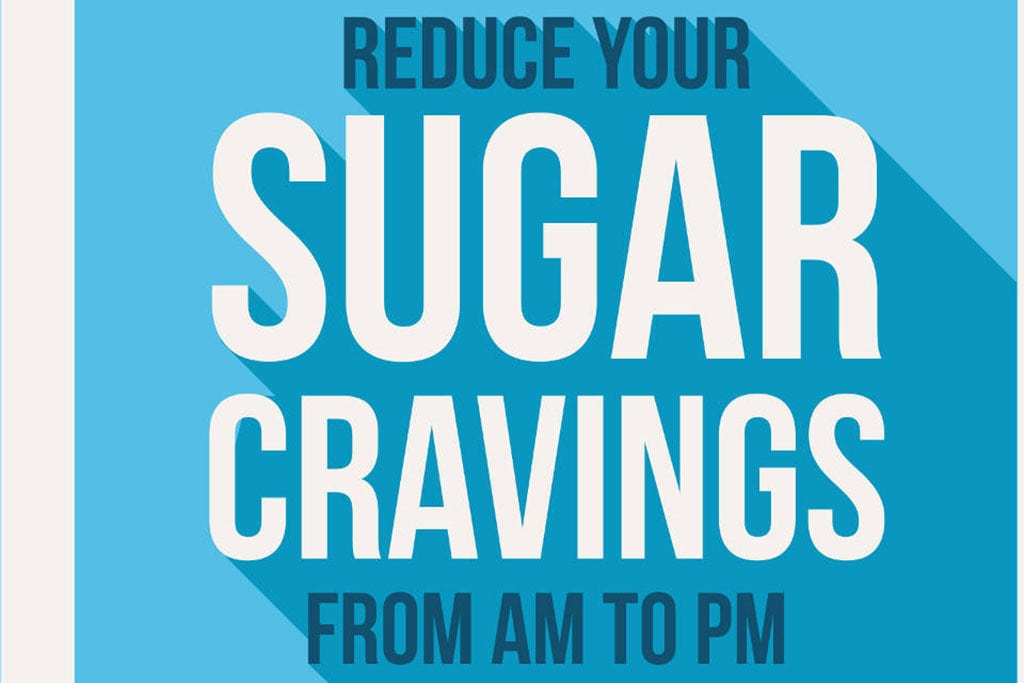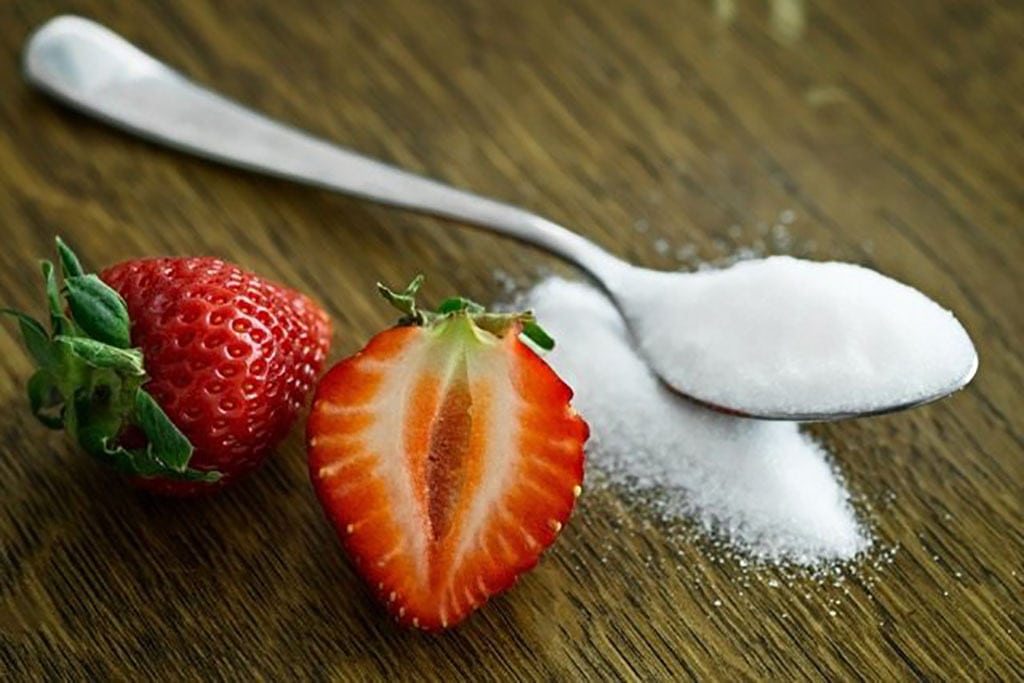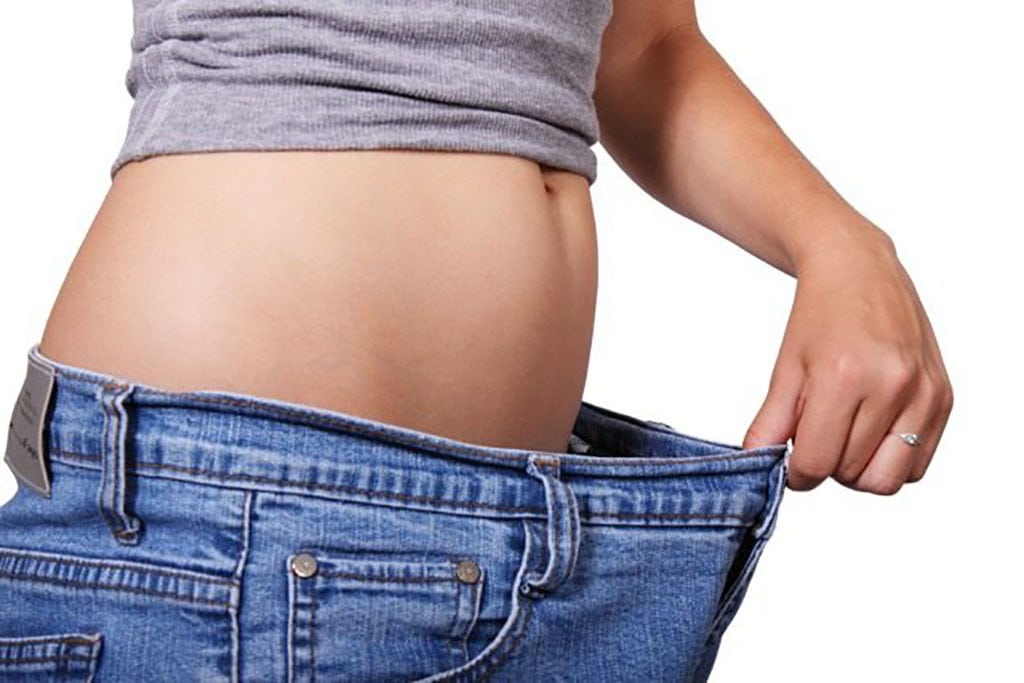Keep your family healthy this winter
November 13, 2017Keep your family healthy this winter
As the days grow darker, we begin to embrace the chilly winter months and look forward to a festive break with our families. However, during the seasonal period, an influx of family reunions and stressful present shopping (what do you buy a Grandma who has everything?) can cause havoc on your emotional and physical health. Not to worry, below are our top tips for keeping your family happy and healthy this winter.
Immune System
During the winter months your immune system is supressed due to a mix of the cold temperature, the lack of sunshine and a habit of eating more junk food, and as such you can become vulnerable to those pesky cold and flu bugs. Although your immune system is your body’s natural defence, during this period it may need a helping hand in keeping cold and flu viruses at bay. Exercise is a great means of improving immunity with studies showing that people who exercise have a stronger immune system than those who don’t, so why not wrap up the family and go for a brisk walk in your local park this weekend. As well as exercising, increasing your vitamin C intake can promote a healthy immune system. Try our Once A Day Immune C, and for the little ones, our Chewable Vitamin C to help give their immune system a boost.
Eat Right
We’re sure you know the old saying ‘you are what you eat’! As the weather gets colder, our bodies burn more energy to keep warm so having a nutritious and balanced diet will help your health and immunity. Try filling your Christmas roast with seasonal root vegetables such as sweet potatoes, beetroot and turnips, which are a source of fibre and are high in antioxidants. As well as incorporating fresh vegetables into your meals, try to avoid comfort food as much as possible. We all find ourselves reaching for that slice of fruit cake, but rather than storing up on junk food try to satisfy your sweet cravings with complex carbohydrates such as bananas and nuts that will release energy slowly throughout your body. To help improve your energy levels further, try our Mega B 50 to help reduce fatigue and give you a natural boost this winter.
De-stress and rest
With the festive period being so hectic it can be easy to forget to take care of yourself. Although many of us may be on holiday leave, it can be easy to feel like you’re still hard at work! With the kids off school, family dinners to organise and present shopping to complete, our stress levels can rise while energy levels droop. Take time to enjoy the winter break with family and catch up on some much-needed sleep and relaxation. To make sure you don’t have a stress-mas, try our Siberian Ginseng, which contributes to physical and mental performance, helping to reduce the body’s stress levels and improve stamina.
Kid’s Health
As the kids take a break from school and embrace the freedom of the Christmas holidays it can be easy for them to get into an unhealthy routine of TV binging, junk food gorging and late nights. Ensure your children sustain a healthy lifestyle whilst enjoying the festivities by encouraging them to exercise outdoors, having a set bedtime and maintaining a healthy diet. Plan fun activities such as ice-skating, exploring a Christmas market and baking healthy treats to keep them entertained and active. To help boost your children’s health further this winter, try our KidzBiotix to support every day digestive, gut and immune health.









